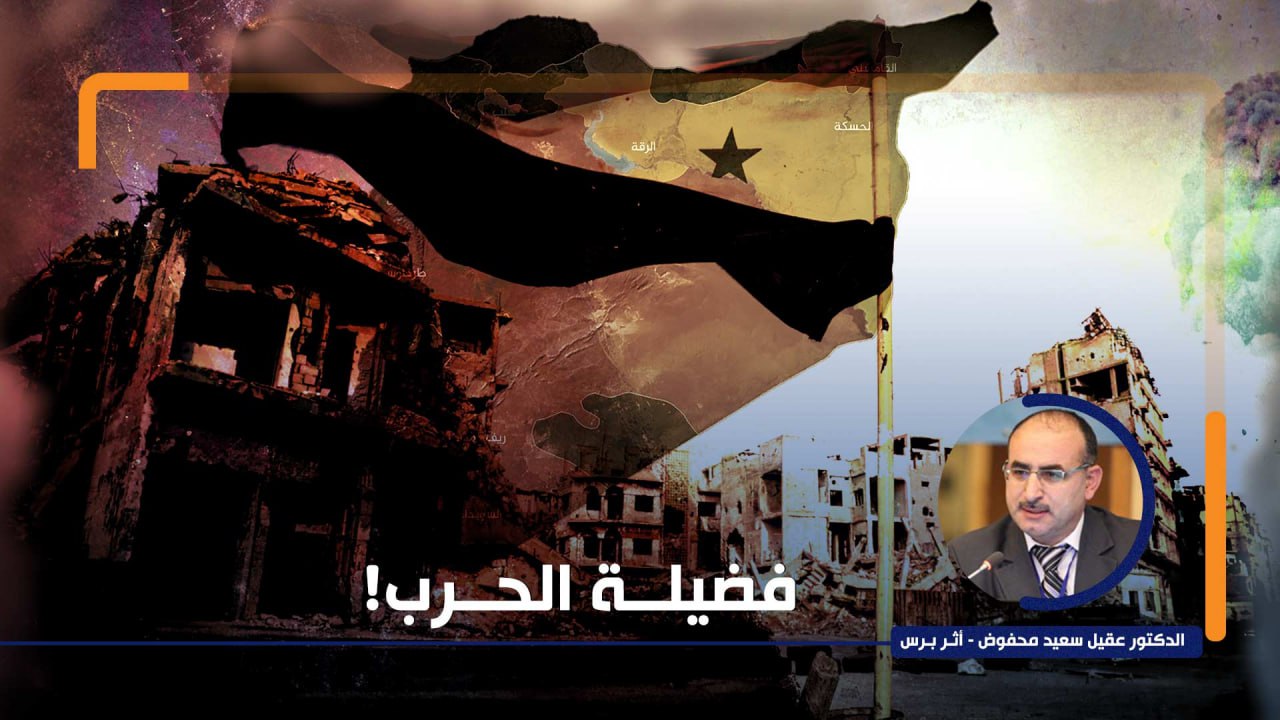In the aftermath of Syria’s devastating conflict, a challenging question arises: Is it possible to find any virtue amid such widespread destruction? This is not to downplay the horrific violence and suffering endured, but rather to explore whether the chaos has revealed deeper truths that might have otherwise remained obscured. In a historical and philosophical sense, is there any cause for reflection or even gratitude for what has been uncovered through this tragic experience?
Unveiling Long-Suppressed Issues
The Syrian war has undeniably forced a reckoning with long-suppressed issues. The conflict has peeled back the layers of societal, political, and cultural complexities, exposing deep-rooted problems that have plagued the nation for decades. These issues, which were often ignored or deliberately suppressed, have now been brought to the forefront. In this sense, the war has prompted a critical rethinking of what Syria is—and what it could become. This painful process of reflection and deconstruction, though born of tragedy, may hold a small virtue. The war has sparked a renewed awareness among Syrians, inspiring many to envision and fight for a homeland defined not by its current state, but by its potential.
Finding Virtue in Response and Reconstruction
However, the idea of virtue in the context of war is not inherent. It is contingent upon how we respond to the challenges and revelations that conflict exposes. The true value lies not in the war itself, but in the actions taken to address the deep-seated issues it has laid bare. This involves critically reviewing the past, renewing efforts to build a stable and just society, and reimagining a Syrian state capable of enduring beyond the conflict. The lessons learned from this period of violence must be channeled into constructive change, aimed at creating a resilient nation that can rise above its past divisions.
The paradox of finding virtue in war lies in the potential for growth that emerges from the ashes of destruction. The horrors of the conflict have revealed the urgent need for reconstruction and renewal. This is not about glorifying the war or justifying the suffering, but about recognizing the opportunity to rebuild a society that is stronger and more united than before. The resilience and determination of the Syrian people, who have endured unimaginable hardships, must now be harnessed to forge a future that transcends the divisions and failures of the past.
As the Quran reminds us, “As for the foam, it vanishes, but what benefits people remains on the earth” (13:17). The transient chaos of war will fade, but the enduring value lies in what remains—the lessons learned, the resilience built, and the society that emerges stronger and more unified. This is the true virtue that can be drawn from the ashes of conflict—a virtue that is not found in the violence itself, but in the possibilities it unlocks for a more enlightened and cohesive future.
This article was translated and edited by The Syrian Observer. The Syrian Observer has not verified the content of this story. Responsibility for the information and views set out in this article lies entirely with the author.


